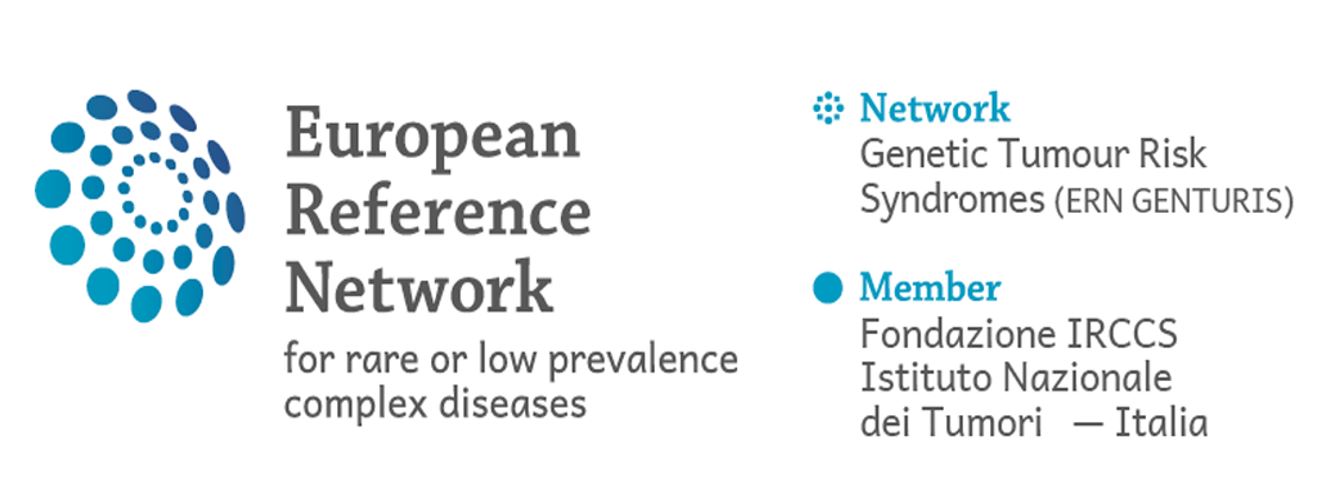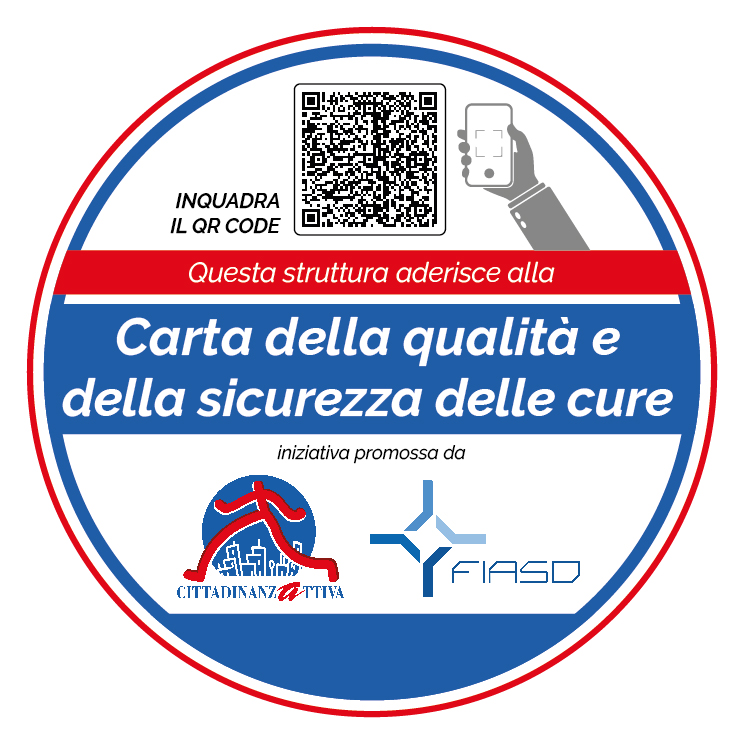S.S. Microambiente e Biomarcatori dei Tumori Solidi
Microenvironemnt and Biomarkers in solid tumors Unit
Descrizione:
The structure's aims are to dissect the intrinsic properties of tumor cells and the changes of surrounding microenvironment coupled with tumorigenesis, progression and response to therapy as an avenue toward enhancing diagnosis and cure rate. The research activity focuses on HER2-positive and triple-negative breast carcinomas, gastrointestinal, lung and ovarian cancers, spanning from basic to translational research, and includes the following different topics:
- study of tumor biological processes underpinning both intrinsic and acquired resistance to HER2-targeted therapies in breast and gastrointestinal carcinomas overexpressing HER2 (i.e., d16HER2 splice variant, microRNAs, cancer stem cells and rewiring of lipid metabolism);
- definition of resistance mechanisms to HER2-targeted treatments related to breast cancer microenvironment (i.e., immune and stromal cells, adipocytes and extracellular matrix) and to the host (i.e., gut and breast microbiome, estrogenic hormone levels and metabolism);
- study of microRNAs involved in the regulation of molecules deputed to DNA damage repair and modulation of tumor microenvironment cells in triple-negative breast and ovarian cancers;
- study of adipocytes and their crosstalk with tumor cells in the development and progression of breast carcinomas;
- investigation of the role of lung microbiome in lung cancer progression to exploit microbial ecosystem as prognostic marker and target of therapy in combination with immune checkpoint inhibitors;
- discovery of new molecular markers predictive of responsiveness to different therapeutic treatments, from chemotherapy to targeted therapies, of breast and gastrointestinal cancers;
- identification of circulating biomarkers of breast cancer early diagnosis originating from tumor cells and/or tumor/host interaction.
Microenvironemnt and Biomarkers in solid tumors Unit
The structure's aims are to dissect the intrinsic properties of tumor cells and the changes of surrounding microenvironment coupled with tumorigenesis, progression and response to therapy as an avenue toward enhancing diagnosis and cure rate. The research activity focuses on HER2-positive and triple-negative breast carcinomas, gastrointestinal, lung and ovarian cancers, spanning from basic to translational research, and includes the following different topics:
- study of tumor biological processes underpinning both intrinsic and acquired resistance to HER2-targeted therapies in breast and gastrointestinal carcinomas overexpressing HER2 (i.e., d16HER2 splice variant, microRNAs, cancer stem cells and rewiring of lipid metabolism);
- definition of resistance mechanisms to HER2-targeted treatments related to breast cancer microenvironment (i.e., immune and stromal cells, adipocytes and extracellular matrix) and to the host (i.e., gut and breast microbiome, estrogenic hormone levels and metabolism);
- study of microRNAs involved in the regulation of molecules deputed to DNA damage repair and modulation of tumor microenvironment cells in triple-negative breast and ovarian cancers;
- study of adipocytes and their crosstalk with tumor cells in the development and progression of breast carcinomas;
- investigation of the role of lung microbiome in lung cancer progression to exploit microbial ecosystem as prognostic marker and target of therapy in combination with immune checkpoint inhibitors;
- discovery of new molecular markers predictive of responsiveness to different therapeutic treatments, from chemotherapy to targeted therapies, of breast and gastrointestinal cancers;
- identification of circulating biomarkers of breast cancer early diagnosis originating from tumor cells and/or tumor/host interaction.



















